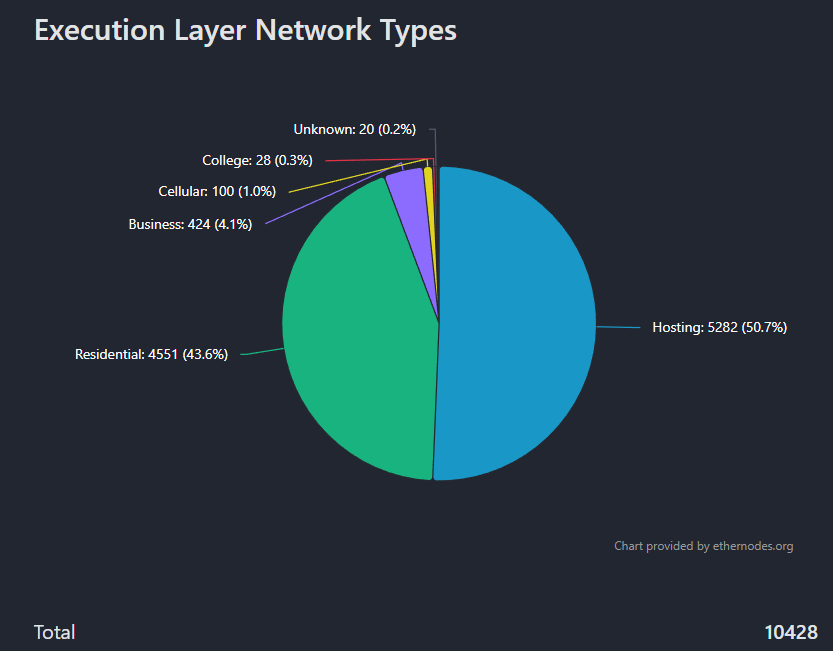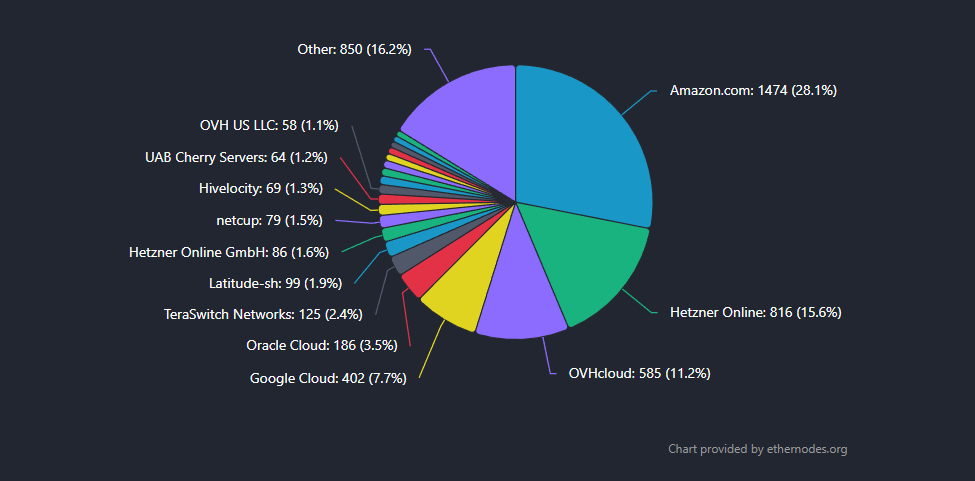Infura, a blockchain infrastructure agency owned by Consensys, is increasing its API information market, the Decentralized Infrastructure Community (DIN), to run on EigenLayer, a protocol that lets Ethereum stakers reuse their staked ETH to safe exterior providers.
In a press launch shared with The Defiant, Infura stated this marks the primary large-scale RPC and API market to run as an EigenLayer Autonomous Verifiable Service. Which means the service is now backed by stakers who can earn rewards if it performs properly, or lose a part of their stake if it fails, encouraging operators to remain on-line.
E.G. Galano, co-founder of Infura, stated that utilizing EigenLayer permits the workforce to understand its imaginative and prescient on a “confirmed restaking customary backed by the strongest asset in crypto: restaked ETH.”
DIN has been dealing with actual person requests since February 2024, routing greater than 13 billion requests monthly throughout greater than 30 networks and platforms, together with Ethereum mainnet, Layer 2 community Linea, and web3 pockets MetaMask, per the discharge.
DIN hyperlinks blockchain apps to a number of node suppliers, so if one goes down, the requests mechanically change to a different with out breaking something. With the EigenLayer integration, Infura provides financial accountability on high of this current visitors, making reliability pricey to disregard.
Preventing Centralization
With the brand new service, the Consensys-owned blockchain infrastructure agency desires to deal with a significant weak point in web3 infrastructure, because it says “70-80% of RPC visitors right this moment nonetheless flows via a handful of centralized suppliers.”

Execution layer community varieties. Supply: Ethernodes
Knowledge from Ethernodes, a web site that tracks Ethereum’s information statistics, reveals that greater than half of Ethereum’s so-called “execution nodes,” which course of blockchain information, are hosted by cloud suppliers.

Ethereum execution node cloud suppliers. Supply: Ethernodes
About 28% of those nodes run on Amazon’s cloud providers, whereas 15.6% run on the European information middle Hetzner.
Though blockchains are designed to be decentralized, a lot of their visitors nonetheless relies on just a few centralized cloud platforms, particularly Amazon Net Companies (AWS). And the business has already seen the results of this focus.
In late October, AWS suffered an outage lasting a number of hours that disrupted main web sites and apps, together with Coinbase, its Layer 2 community Base, cross-chain stablecoin USDT0, and even Infura, which reported a “widespread outage” affecting a number of Infura networks and providers. The AWS incident adopted the same outage in April.






